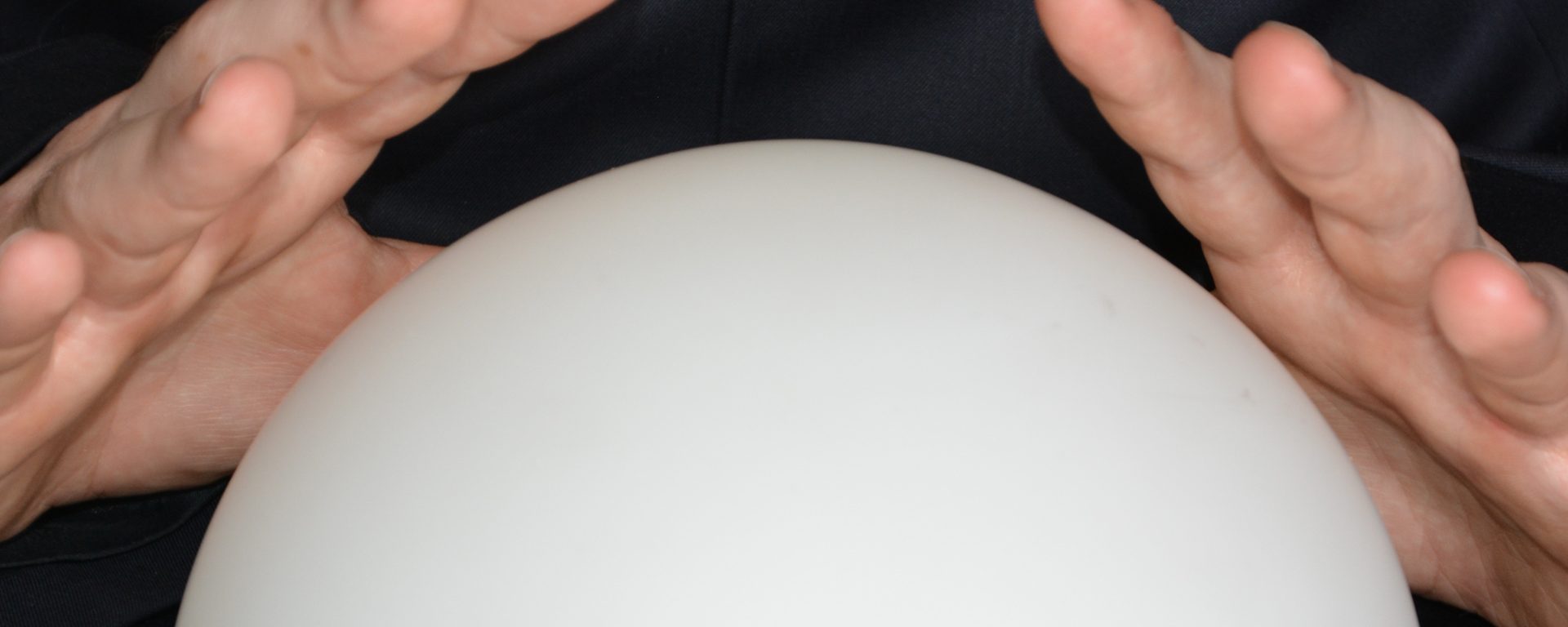In the face of a global pandemic, Psychiatric Mental Health Nurse Practitioners (PMHNPs) are in high demand. Sources suggest that the Psychiatric Nurse Practitioner job outlook will grow exponentially in 2021 and beyond. Below, we evaluate the current demand for PMHNPs, and how the current pandemic may create more job opportunities ahead.
What will a post-COVID-19 world look like terms of public health? It is a future that’s uncharted. As of January 2021, the United States is still struggling with high infection rates reaching every corner of the nation. However, this year, the CDC promises to bring vaccinations to Americans. Most of us are waiting patiently and focusing on keeping safe, as the most vulnerable populations receive their first doses. We understand that doctors are still occupied with helping those who are currently infected. However, the battle to understand and treat the long-term effects of the virus has largely just begun.
Scientists are still learning about the myriad latent effects that the coronavirus leaves in its wake. Though much is still unknown about how COVID-19 affects people over time, according to the Mayo Clinic, organ damage is possible. People who have experienced the coronavirus may continue to experience symptoms even after they overcome infection, such as fatigue, joint, muscle or chest pain, coughing and shortness of breath, concentration problems, taste or smell loss, and a pounding heartbeat, to name a few. The most poignant finding for aspiring mental health professionals, is related to mood. Surviving the experience of being treated in a hospital’s intensive care unit for COVID-19 can make a person more liable to develop post-traumatic stress syndrome, anxiety, and depression, not to mention the secondary effects on loved ones.
Just think about all the ways that the pandemic has inflicted trauma. Beloved family members and friends, leaders, and celebrities, the young and the old, have been lost at rates unseen in modern history. In December 2020, NBC News reported that the United States had surpassed the death toll of Americans lost during the four years of World War II, in just about 10 months of this pandemic. On a more personal scale, we have been prevented from experiencing so many milestones together such as weddings, welcoming new babies, and grieving together at funerals. Loneliness and isolation will continue to present an ongoing mental health challenge even post-pandemic. The need for mental health attention, according to Forbes, is predicted to be “front and center in healthcare discussions” in 2021. That needs begs a force of qualified mental health professionals.
Besides the demands the pandemic is putting on our healthcare system, there are also other factors adding strain. Baby boomers are living further into their senior years than previous generations, requiring healthcare services as they age.
It’s no wonder that between 2019-2029, employment for nurse practitioners will rise 52%, according to the Bureau of Labor Statistics. That means about 24,000 nurse practitioner jobs are predicted to open nationwide, annually! Not only does that number include Advanced Practice Registered Nurses (APRNs), but also, Psychiatric Mental Health Nurse Practitioners (PMHNPs).
The expected need for mental health services in the coming year is going to be strong, as you can see. According to a CNN article, “Mental health is one of the biggest pandemic issues we’ll face in 2021.” The author specifically calls out grief and burnout associated with our disrupted routines over the last year. In particular, we will need to consider the social development advantages that have been lost by our country’s growing children and adolescents, due to remote learning and suspension or limits on activities like sports and other activities. Additionally, the pandemic has touched people of all ages in simple but impactful ways, such as altering our sleep patterns, and potentially exasperating existing disorders with added anxiety and lack of in-person support.
Clearly, the symptoms exist which represent a need amongst Americans for professional assistance with their mental health. The BLS has predicted tens of thousands of job openings for advanced practice nurses over a ten-year period. What can we say about the short-term? Let’s check the top job search engines. A quick search of “PMHNP” on both Indeed.com as well as Monster.com results in nearly 3,500 open positions on Indeed, and nearly 1,300 jobs on Monster, nationwide currently. We can expect these numbers to fluctuate over time, but the current figures show that opportunities are widely available for aspiring PMHNPs.
Becoming a PMHNP requires a master’s course of study, such as Goodwin University’s online PMHNP program. Prospective students should know that admission requirements include possession of a bachelor’s degree, as well as an active RN license, in addition to at least two years of direct patient care. This experience and background education sets participants up for success in the program, and also helps students anticipate a passing mark on their American Nurses Credentialing (ANCC) PMHNP Board Certification.
For those who want to truly make an impact on people’s lives and wellbeing through therapeutic and prescriptive treatment of acute and chronic psychiatric disorders, the PMHNP path might be for you! The PMHNP job outlook is bright, and the demand is not going away anytime soon. To learn more information about our program and the career outcomes available, please give us a call at 800-889-3282, or request more information, online. Becoming a PMHNP means that you get to make differences to last a lifetime, every day, and encourage the healing of our country.
Goodwin University is a nonprofit institution of higher education and is accredited by the New England Commission of Higher Education (NECHE), formerly known as the New England Association of Schools and Colleges (NEASC). Goodwin University was founded in 1999, with the goal of serving a diverse student population with career-focused degree programs that lead to strong employment outcomes.

